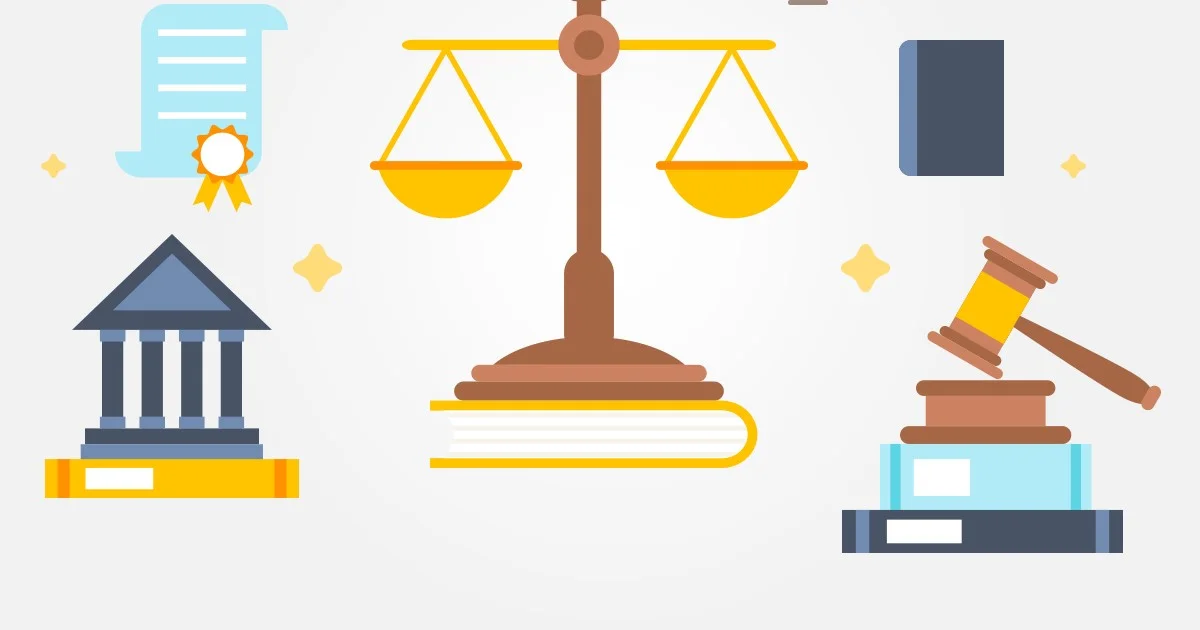In this article, we are sharing the tips & tricks on Preparing for Final CA Paper on Corporate and Economic Laws.
Table Of Contents
About the Paper
What are the examiner’s expectations?
Content Source
What is the ideal learning methodology & time to be invested?
What is the appropriate order in which the syllabus should be studied?
Preparing On the Eve of the Exam
Tips for scoring an Exemption
About the Author
About the Paper
The Law paper at CA Final is very application based & involves a mix of conceptual questions as well as several practical case studies that test your application throughout the syllabus.
What are the examiner’s expectations?
- The examiner will give emphasis on language, coherence, and consistency.
- He will assess the ability of the student to interpret and analyze the facts of the problem(s) and law point(s) therein, with reference to relevant provisions of law, precedents and case laws, latest development, usage of appropriate language, exercise of good judgement and logical presentation of answers.
- So, the conceptual clarity, analytical ability, in-depth knowledge, intelligence exhibited by the examinee in logical presentation of answers will be given weightage instead of merely re-producing bookish knowledge.
What should be the source of content?
- Content provided by your Coaching Provider to be kept as a base.
- Comparison with the ICAI Study Material especially for important topics.
- Past Examination Papers, RTP’s & MTP’s.
- Case Study Booklet issued for MCQ’s.
Once you decide your source of study, ensure that you stick it to. You must avoid changing the source of content closer to examination since that may lead to confusion in your study preparation.
What is the ideal learning methodology & time to be invested?
| Reading | Source | Time to be invested |
|---|---|---|
| 1st | Coaching Provider Notes along with comparison with ICAI Study Material. At this level you should ensure you have eliminated various sources and have one set of notes only. | 75 – 85 hours. |
| 2nd | Concise notes from the above. | 45 – 50 hours |
| 3rd | 2 – 3 months after the 1st reading, allot 50% of the number of hours for going through your synchronized notes. | 25 – 30 hours |
Areas of Focus:
- Focus should be given on the crux / key terms & words of every provision.
- Usage of the right legal vocabulary.
- Most important sections & case studies should be done thoroughly, which would be useful in highlighting the answers and will prove to be a value addition in the answer.
- Sufficient writing practice to check your ability to produce legal language with the right use of legal vocabulary, terms, section numbers, case law references & so on.
What is the appropriate order in which the syllabus should be studied?
| CORPORATE LAWS | |
|---|---|
| Priority I | Priority II |
| 1. Powers of Board, Contracts, Arrangements & Meetings 2. Appointment and Qualifications of Directors 3. Managerial Personnel & Remuneration.(Approximately weightage of 30 marks) |
4. Inspection, Inquiry, and Investigation 5. Compromise, Arrangements & Amalgamations 6. Oppression and Mismanagement 7. SEBI + LODR 8. Winding Up 9. Company Secretarial Practice 10. Miscellaneous Provisions 11. Companies Incorporated outside India 12. NCLT & NCLAT 13. Compounding, Adjudication and Special Courts. |
| ECONOMIC LAWS | |
| Priority I | Priority II |
| 1. IBC, 2016 (Around 10 marks) 2. FEMA, 1999 3. PMLA, 2002 |
4. FCRA, 2010 5. Arbitration & Conciliation Act, 1996 |
Preparing On the Eve of the Exam:
| On day of Audit Paper | Break Day | On the exam day |
|---|---|---|
| Economic Laws:
· IBC Corporate Laws: · Company Secretarial Practice |
Corporate Laws:
· Powers of Board, Contracts, Arrangements & Meetings |
Quick Glance of:
· Powers of Board, Contracts, Arrangements & Meetings
|
A day before the exams, multiple readings of the important provisions, which would have been adequately highlighted & noted, should be done, and on the day of the exams, it would be just a quick revision with a calm mind without any stress / pressure.
The list of important sections & penalties should be glanced a couple of times on the day of the paper.
Tips for scoring an Exemption
- Mock Test Papers (2 or 3) should be attempted sincerely, and a lesser time than 3 hours should be set (say 2 hours 45 mins) in which attempt should be made to complete the paper. This will ensure that appropriate speed would be developed and there will not be any difficulty in the completion of the final paper.
- Efficient Time Management – As the first few marks of every question are the easiest to score, hence unnecessary time should not be devoted on a particular question, instead focus should be on attempting all the questions.
- Quote Relevant section number and / or case law to enhance the quality of the answer.
- Proper focus on MCQs.
About the Author:
Mr. Amit Karia is a Member of the Institute of Company Secretaries of India (ICSI), New Delhi, a qualified Master in Laws (LLM) from Pune University, and also a member of Institute of Cost Accountants of India, Kolkata. He has authored several books and his first law book was published at the age of 24 by Bharat Law House, New Delhi.
He has been coaching students for professional courses such as CA, CS & ACCA for the past 11 years & has trained over 12,000 students till date. Mr. Amit Karia is currently faculty for Final CA at Pinnacle Education.
